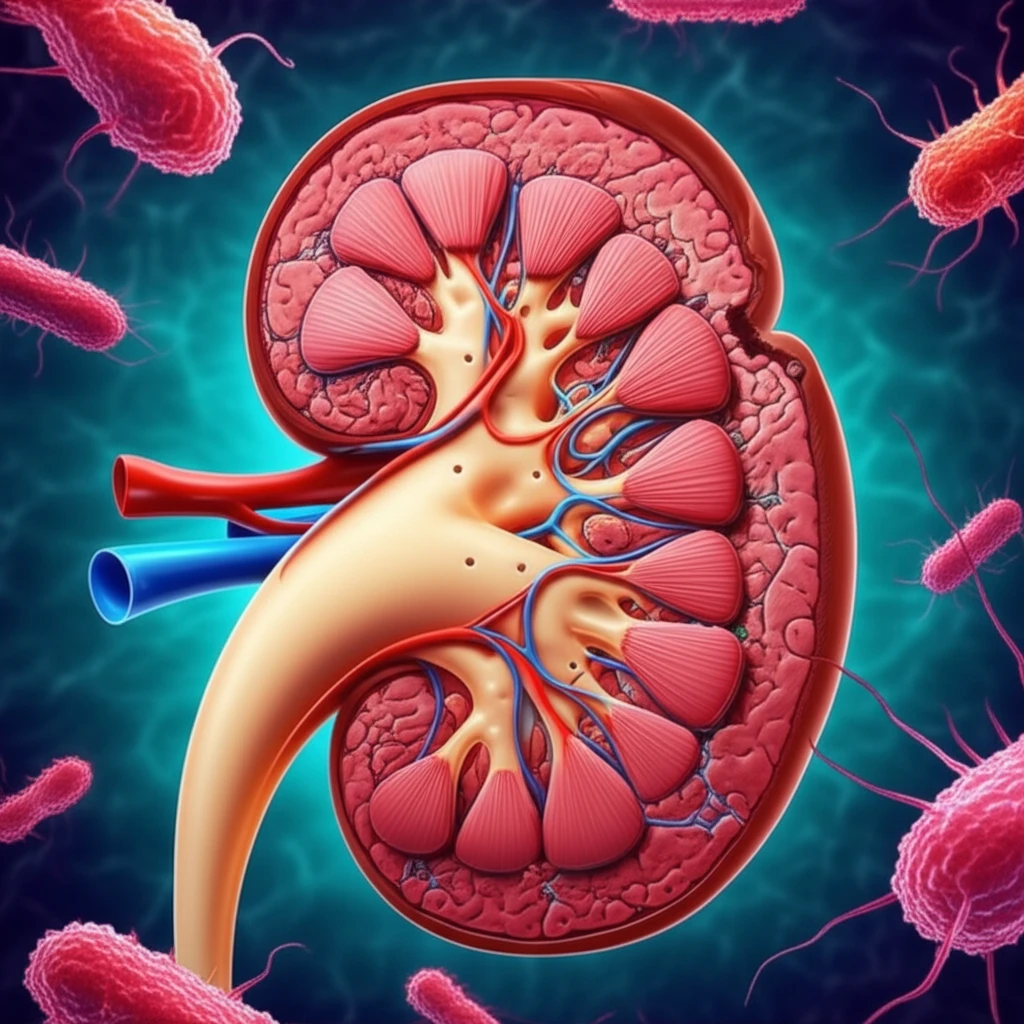
Unlocking the Mystery: How Urinary Stones and Bacteria Team Up
"New research reveals the surprising link between urinary stones, bacterial infections, and your health."
Urinary stones, often a source of excruciating pain, are a common ailment affecting millions worldwide. But what if these stones, which can range in size from a grain of sand to a golf ball, are more than just a physical problem? Recent research has unveiled a surprising link between the formation of these stones and bacterial infections, suggesting that our bodies might be fighting a hidden battle.
This groundbreaking study explores the complex relationship between the chemical composition of urinary stones and a history of bacterial infections. Utilizing advanced techniques, researchers have discovered how certain bacteria can contribute to the development of these painful formations. This new understanding opens doors to more effective prevention and treatment strategies, offering hope for those who suffer from recurrent kidney stones.
This article will delve into the findings of a recent study, exploring the role of bacteria in urinary stone formation. We will examine the types of bacteria involved, how they interact with the body, and what this means for your health. This information is presented in a clear, easy-to-understand manner, suitable for a broad audience seeking to understand and manage their health better.
The Culprits: Unmasking the Bacteria Behind Urinary Stones

The study focused on identifying bacterial species within urinary stones using advanced DNA analysis techniques. These methods allowed researchers to pinpoint the specific types of bacteria present, even if the infection was in the past. The results were striking, revealing that several bacterial species are frequently associated with stone formation. The most common offenders were Proteus spp. and Escherichia coli (E. coli).
- Proteus spp.: Frequently associated with struvite and calcium phosphate stones.
- E. coli: Often found in weddellite stones, with iron detected in the stone matrix.
- Other Bacteria: Klebsiella pneumoniae, Morganella morganii, and others also identified, though less frequently.
Empowering Your Health: Taking Action Against Urinary Stones
The research presented provides important insights into the complex interplay between bacteria, urinary stones, and your health. By understanding the role of bacterial infections, you can take proactive steps to reduce your risk. Staying hydrated, maintaining a balanced diet, and seeking prompt medical attention for urinary tract infections are all essential. This new research underscores the importance of early detection and intervention to prevent the formation of painful stones and protect your overall well-being.
